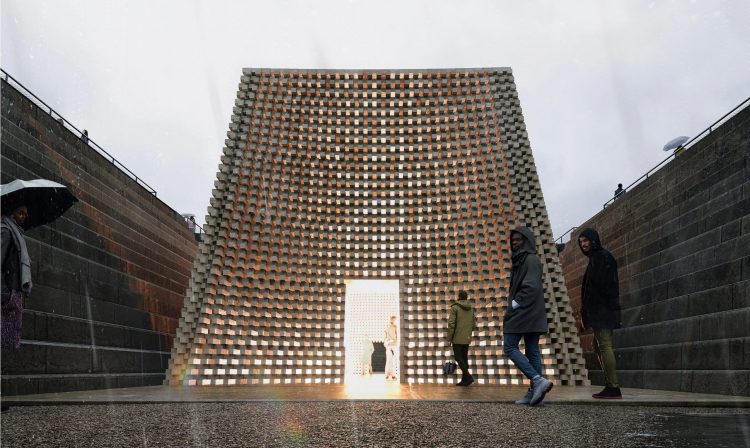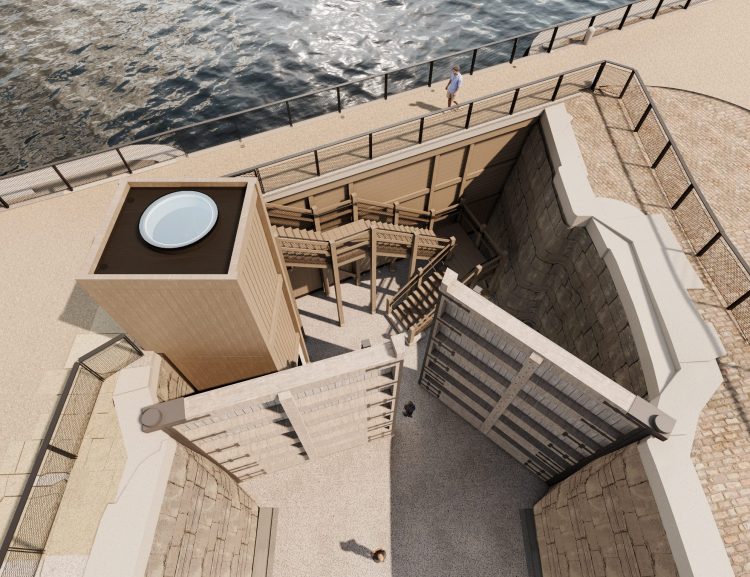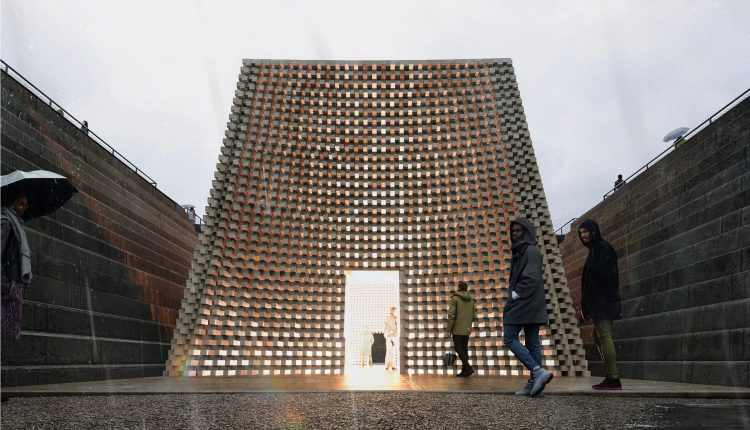£15m Canning Dock project wins planning consent
A £15m project by National Museums Liverpool to allow public access to the historic Canning Dock in Liverpool for the first time secures planning consent. Tony McDonough reports

National Museums Liverpool (NML) has secured planning consent for a £15m project to transform Canning Dock into a space for “education, contemplation and recreation”.
As part of its £58m Waterfront Transformation Project, NML’s plan for Canning Dock will see the south dry dock, built in 1765, become accessible to the public.
A new stop wall will be built behind the existing timber gates and a staircase and lift will enable visitors to descend into the historic site for the first time. It will include a twin-lever footbridge from the Royal Albert Dock across to the Canning quayside.
The wider public realm will be enhanced with level pathways, an open-air events space, and significant improvements to the interpretation of items around the site. Of the £15m allocated to the project, £10m comes from the Government’s Levelling Up Fund.
Construction work on the designs, which are being led by architects Asif Khan Studio, and internationally renowned artist, Theaster Gates, are due to start in autumn 2024.
Canning Dock’s history is rooted in Liverpool’s deep involvement in transatlantic slavery. The graving dock was used to clean and repair ships, including those that were destined to traffic enslaved people across the Atlantic to work.
Millions of people died during this crossing, many on board Liverpool-built ships, and on the plantations across the Americas. The transformation will bring this history to the public realm and create a space for contemplation of its significance.
Asif Khan Studio has been working with community partners 20 Stories High, Squash, Writing on the Wall and Liverpool Black History Research Group to ensure Liverpool’s communities are engaged and represented in the development.
Liz Stewart, head of Museum of Liverpool, which overlooks the Canning Dock area said: “This is such a transformational project – a once in a lifetime opportunity.
“Working with local community arts organisations, we have a unique chance to really enhance people’s experience of this space.



As well as creating an overall cohesive visitor experience, we’re determined to truly represent the profound historic significance of the site.
“The dry docks and quaysides have such a powerful heritage narrative, and throughout the process of co-production, we’ve ensured the feedback and ideas coming directly from our communities, is integrated into the designs.”
The pedestrian bridge linking the Royal Albert Dock with Canning quayside will create a better journey for visitors, and enhance connectivity between the International Slavery Museum, Maritime Museum, Museum of Liverpool, and the wider waterfront.
READ MORE: Walker Art Gallery acquires two masterpieces
READ MORE: Lady Lever Gallery offers female artists exhibition
Central to the Waterfront Transformation Project is the £ redevelopment of Dr Martin Luther King Jr Building (MLK), expanding the International Slavery Museum into this space and giving it its own front door.
The south dry dock has been collaboratively reimagined by Khan and Gates. This multi-use space will be a ‘destination’ site that will draw upon voices from across Liverpool and its historic global footprint.
Architect Asif Khan added: “I want to express my gratitude to everyone who has worked so hard to help reach this milestone in the project. This is a giant step toward welcoming people to experience the transformative power of this site and its stories.”

